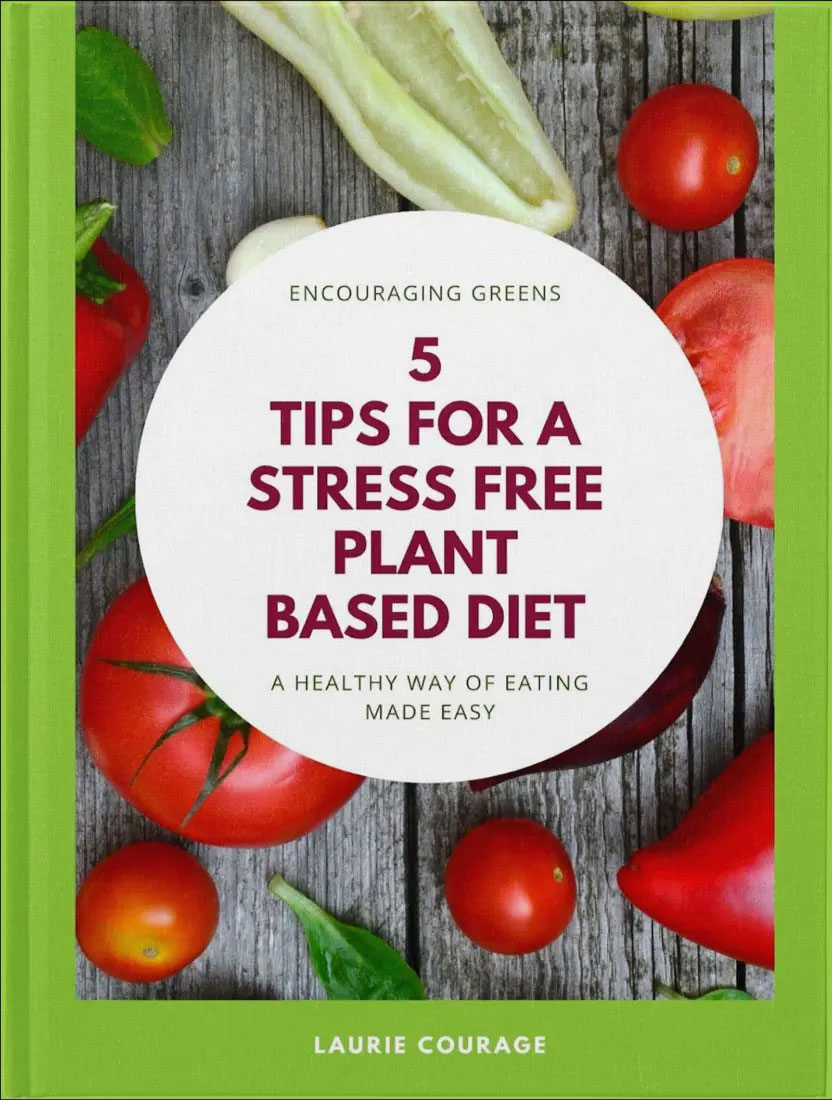We all want the an answer to the same question – what is the best way to get and stay healthy?
But we may be limiting our potential results based on the filters we choose to use when seeking answers. Therein lies the challenge, and the opportunity.
The type of question we ask will determine our health outcome.
Some of us are only interested in ‘quick fixes’.
- A procedure, one and done.
- A pill, something to take without having to change lifestyle too much
- Moderation to assuage any feeling of not doing enough, especially when our doctor agrees that something is better than nothing.
Some of us prefer ‘natural’ remedies.
- A broad array of supplements to close reported gaps
- Alternative diagnostic labs and reports that build confidence with their nuanced results, long list of dos and don’ts, and individual treatment plans for those willing to invest in their health.
- Superfoods that are nutrient dense and promise to override other lifestyle choices
Some of us start by asking ‘why’ and, before looking for a remedy or fix, seek the cause of their chronic conditions.
- Understand nutrition myths and who is profiting from misinformation
- Introduce and adopt healthy whole food choices and crowd out unhealthy ones based on health needs
- Make lifestyle changes that last for good, resulting in better health expectancy and longer life expectancy.
Which works best?
They all work, but each has some caveats depending on what matters most to you. Decide for yourself.
- Quick Fix: Often treats the symptom, but not without risks and side effects. Without addressing the underlying conditions, there may be more chronic issues and meds to come.
- Natural remedies: Can feel like a much better choice, and often are, but may come with less transparency, expensive testing, a lack of quality control or long-term proven results.
- First ask why: Starting with a better understanding of food as medicine can lead to the aha that excessive amounts of animal protein, saturated fats and processed foods in our diets are contributing to many of our chronic health conditions.
- Full disclosure: The latter takes some effort to get started, and a lifestyle change that needs time to make it into a habit, but is so worth it.
- The good news: By trying a food first approach, and enjoying whole plant foods, especially as grown, we may find out that we don’t need to rely as much on the other two options.
By taking the time to ask why and learn the evidence-based science and simple strategies to make a plant-based lifestyle fit into your life, good things can happen.
- Chronic health conditions may be not only be prevented but reversed.
- Co-pays and doctor visits lessened.
- Few if any supplements except for B-12.
- Energy restored. Weight lost for good.
- Symptoms less and sometimes eliminated.
- Celebrate the healing power of food without any side effects.
- And, as an added bonus, you will see in time that the third approach can also save time in the long run and can be the most natural option.
It all starts with asking the right question.
When you do, the answer will become clear.
It’s the food.

